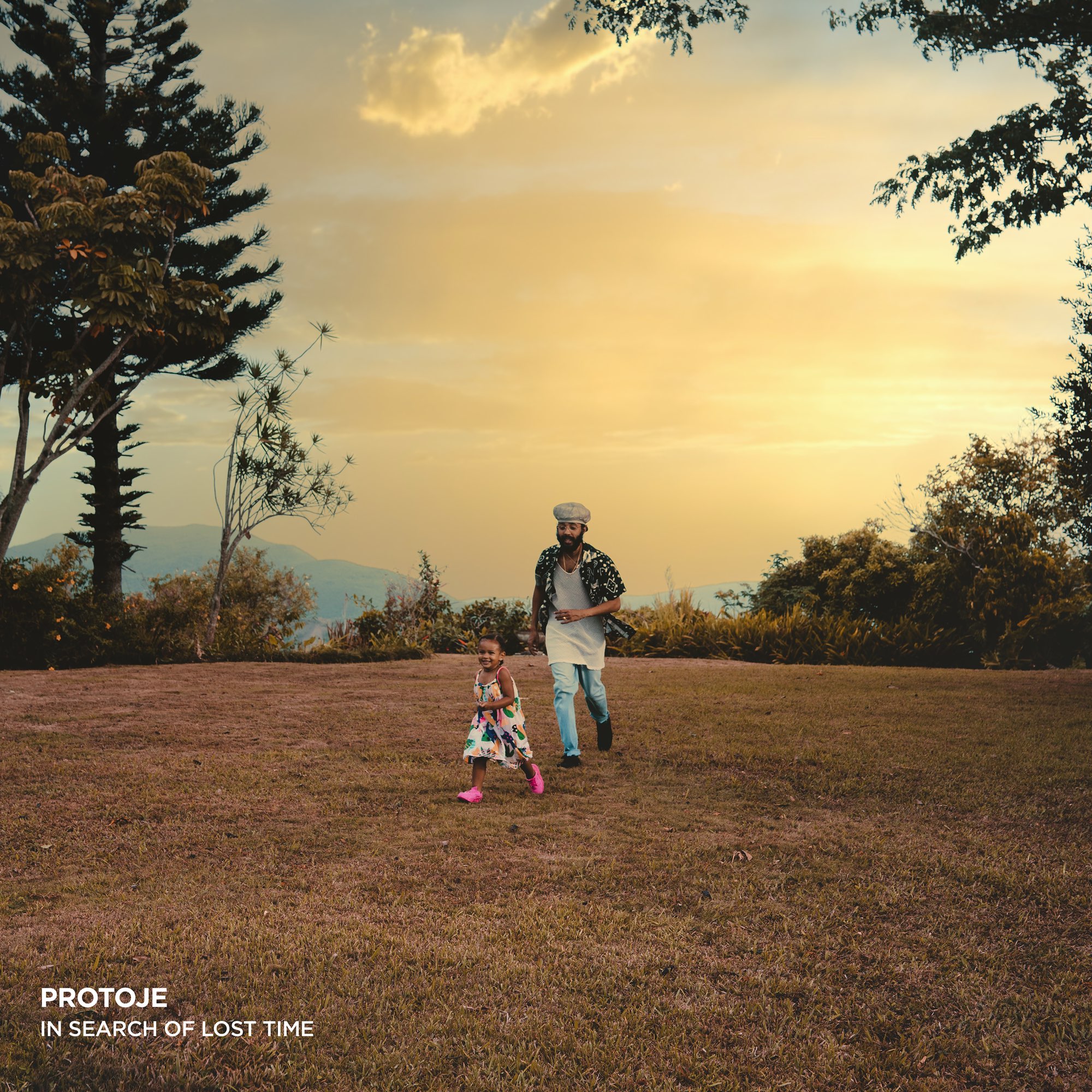Protoje: In Search Of Lost Time Album Review

Protoje’s new ten-track album, titled In Search Of Lost Time, from all indications, appears poised to be a big reggae Grammy contender.
In Search of Lost Time was released globally last night via In.Digg.Nation Collective/Six Course/RCA Records and is the 39-year-old’s fifth studio album, following his A Matter of Time album, which copped a Grammy nomination for Best Reggae Album in 2019.
It is not surprising that in less than 24 hours after the project was released, it became the number one Reggae album on iTunes, much to the delight of the St. Elizabeth native.
With most of the tracks, co-produced by the Munroe College old boy, the album is a beautiful specimen of creative work. With strong opening lines in each song, which is typical of Protoje, concrete imagery, and singable profound lyrics, the overall message of each song, is developed and supported in every line.

The album covers several topics, from romance, love for ganja and his musical sojourn, to his days as a youngster growing up in the breadbasket parish. Social commentaries on the tribulations of the Jamaican people, as expected, are also addressed.
Like the French author Marcel Prust, after whose book In Search of Lost Time influenced the name of the album, Protoje narrates memories of his childhood, synopsizes the story of his life, his highs and lows, and the “full range of human folly and misery”.
Four of the ten songs on the album are collaborations, including one each with his female compatriot Koffee, and the other with Lila Iké. He strikes a balance between the two genders with Popcaan in Like Royalty and A Vibe featuring American rapper Wiz Kalifa.
Certainly, as expected from a Rastafarian, homage was paid to marijuana smoking via the ganja anthem Weed and Ting , which is the type of song reggae lovers might want to put on repeat while driving or doing any task which calls for solitude and peace. A Vibe, which features American rapper Wiz Khalifa, might cause non-smokers be inspired to muster up the courage to finally light up a ‘one spliff’.
With the bass line slapping into the melodies, most of the songs are creations that touch the soul, especially Lila’s sultry vocals, on top of the bass line on the track In Bloom, a romantic exchange between the two vocalists.
Protoje also draws upon the work of two of Dancehall’s generals. The adaptation of Papa Levi’s flow (rhyme schemes and rhythm) from his 1984 hit Mi God Mi King is evident in Switch It Up, which features Koffee.
Papa San’s 1991 hit Strange is also sampled in the last track titled Strange Happenings .
Protoje has himself spoken of his desire to ensure his output is something that is of high quality, on part with global standards, from the visuals, cover art, music, according to him: “the way things are mixed, mastered, put out and marketed — to be very palatable, but at the same time, authentic and positive”.
It is evident in this body of work that he has achieved this, as, among other things, the overall ideas of the songs work, the hooks are effective and are sweet to the ear.
